Concerning Love
A guest post by Brian Williams
(This was a post written for my blog years ago by my husband - who was not yet then my husband - written under his ‘pen name’ - shhhhhh….)
Probably no topic captures our focus like that ‘crazy little thing called love’.
We feel its absence and long for its return.
We seek it and mourn when it’s nowhere to be found. We wish it for others, and yet so often fail to bring it to them ourselves.
Popular entertainment has been preaching for years that ‘all you need is love’, and pop culture has been in hot pursuit ever since.
But what is it exactly that we are pursuing? A feeling? An experience? A state of mind or being? To answer that question, we would do well to examine how love is marketed to the general public.
It has been my observation that advertising works best when advertising something that will never truly satisfy, nor ever be achieved.
For example, the cosmetic industry relies on advertisers to present an image of beauty that is not real. The advertiser’s job, in a sense, is to create a market by making women feel bad about themselves because of how they look, and then offer them a solution which just happens to be . . . whadya’ know . . . their product!
And since the product’s effects will more than likely wear off the next morning, they’ll be back to buy more.
This principle holds true for practically all marketing.
Find an intrinsic need or complaint common to a society.
Exploit it by focusing on it, and stretching it out of proportion. (Ex: "How many times has this happened to you?")
Offer the solution (product) which will solve the problem, but only temporarily.
Collect payment for a job well done! You've successfully created a market selling 'wind catchers'!)
Now, if I’m a theater owner, or a recording company, or a movie studio, I’m going to want to sell my product (be it a play, or a CD or a film) to as many people as possible, right?
So what’s an intrinsic need common to many?
Hmmm . . . thinking . . . . thinking . . . . could it be - Love?
Ding-ding-ding! You got it!
The need for love is intrinsic to us all.
But what exactly is it?
Unless you know exactly what you’re hunting for, you can shop around for a long-long time and still not find it.
And don’t forget, there are entire industries out there willing to link their product to your need, and in so doing, will inevitably present the need in such a way that it can’t possibly ever be fully satisfied.
Movies and music may take the edge off for a short while, but the need will continue to resurface again and again.
It’s no wonder pop culture ‘can’t get no satisfaction’.
But what if Love is less ethereal than how its presented in advertisements?
What if, in fact, Love was the expression of a Higher Form of Reason?
This would assign a certain logic to the principles of Love. But more than that, it would make Love a lot easier to understand, and therefore, maybe, more attainable. Again, if we know exactly what we’re looking for, we will be less likely to look for it in the wrong places.
The obfuscation of Love is part-and-parcel of its overall usage.
Or rather, its over-usage.
I love my dog, I love my house. I love my job. I love the beach. I love my wife. I love my children. I love my friend.
And on and on the list may go, using but one word to describe a myriad of relationships and an entire host of emotions. But not all cultures have handled the linguistics of love in the same fashion.
Some languages, such as Biblical Greek, for instance, are far more exacting in their terminology. Rather than have one word for Love, they employ several.
EROS was used when talking about romantic love. Eros is walking on the beach hand-in-hand with the one you love.
It brings roses on anniversaries and diamonds on birthdays.
Eros is looking into each other’s eyes and feeling the rush of emotion that overtakes you like a wave.
However, Eros is conditional. In other words, it is circumstantially dependent. When conditions aren’t conducive, Eros fades.
PHILEO was another word used for Love, but its application is in the area of friendship.
Phileo is a bunch of guys gathered around a football game, beer in hand, and jerseys on.
Phileo is friends from the office meeting for lunch, or two brothers canoeing. Phileo usually exists around a common interest such as quilting or music. It shares experiences and events such as the orchestra or a vacation.
Phileo may involve a certain amount of affection, but it is not defined by it.
Like Eros, Phileo is also conditional.
For this reason, some friendships are closer than others. Those whose company we greatly enjoy we call Best Friends, while others who we have little in common with, we call acquaintances.
And then there’s AGAPE’.
Unlike Eros and Phileo, Agape’ is a form of love characterized by a complete act of the will.
In other words, it is expressed, not in terms of emotion, but action.
Agape’ commits, and stays committed. Agape’ is faithful and keeps its promise, even in the face of inconvenience. It sacrifices, and seeks nothing in return. It does not wish to be recognized or applauded. It would rather do its work silently, unnoticed, and un-thanked.
In short, Agape’ is unconditional.
When circumstances change, Agape’ remains. It is the silent glue that stays a relationship through hard times.
Eros attracts, Phileo binds but Agape’ carries Love into the future indefinitely.
Different types of relationships are determined by how we balance these three Loves.
So, Love at times is emotional. Other days, it folds the laundry for the thousandth time!
Love is enjoyed one way by newlyweds as they look ahead towards the future, and in another way by Jubilee-ers who look back on their past, and all they’ve been through.
But in all cases (Eros, Phileo and Agape’), Love implies peace and unity.
Whether emotional or sacrificial, Love always seeks the best interests of Creation. Whether it’s the deep appreciation of nature, or the affection you hold for your children, or the value you place upon your own person, ‘Love always protects, always trusts, always hopes, always perseveres.’ -Saint Paul.
And could it be that the reason these three loves were chosen by the writers of Holy Writ is because together they create a triune relationship, thus reflecting Love’s Creator?
According to the *Dilomina" theory, all physical realities reflect in some way their spiritual counterparts.
Thus, we truly are the image of (designed to reflect) our Maker.
Why should Love be any different?
Love in emotions. love in companionship. Love in action. Love as triune.
Love, no matter what form it takes, should reflect the One who made it, and who is, in fact, according to the Apostle John, the embodiment of all that Love is. ( “Those who do not love do not know God, for God is Love.” -1 Jn. 4:7-8)
Could it be then, that when we seek love, what we are actually seeking is God?
Could it be that when we love one another, we are sharing something of the substance of the Almighty with someone in need?
Could it be that we truly are ‘created in the image and likeness’ of a Being who, while functioning triune, draws together in Love as One, and wants us to reflect that same unifying force to all Creation?
This Valentine’s Day-
May you find the love you’re looking for, and share it with those still searching!
*The Dilomina theory, attributed also to the author of this post, is a system of perceiving the above statement, that 'all physical realities reflect in some way their spiritual counterparts'.
A blog, book or other form of public interaction will be soon forthcoming.
Contact him here, if you’d like to prod him along. :)






